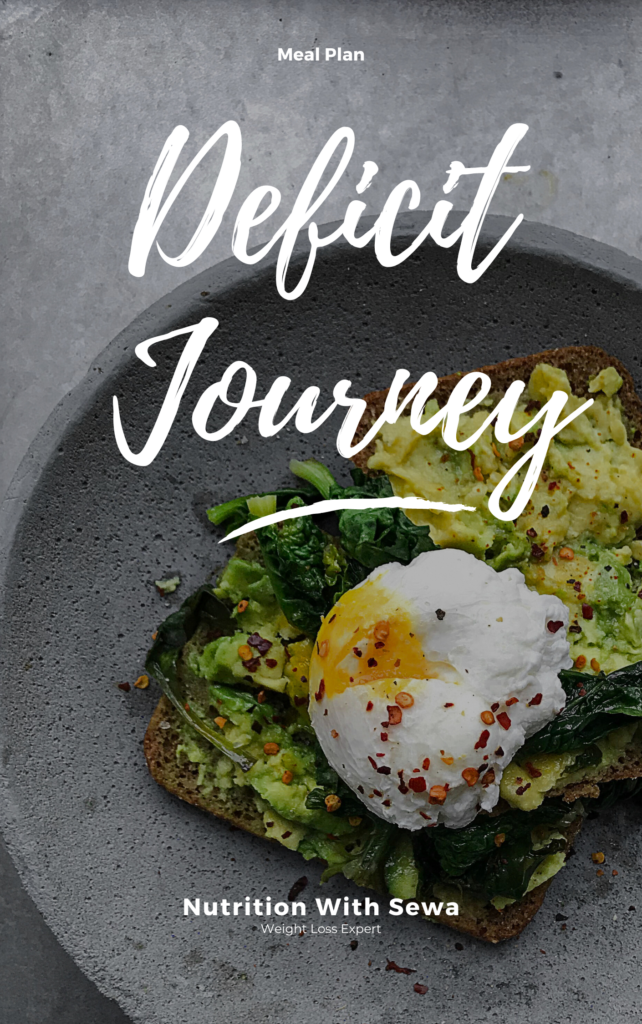Sugar addiction is a commonly debated topic, with some experts arguing that it exists, while others refute its validity. However, one thing is clear- Excessive sugar consumption has widespread health implications and is a significant contributor to obesity and related diseases. In this article, we will explore the concept of sugar addiction, how to identify signs of excessive sugar consumption, the link between carbohydrates and sugar spikes, how sugar contributes to fat gain, and effective ways to limit sugar intake for optimal health and weight loss.
The Concept of Sugar Addiction
Sugar addiction is a term used to describe the compulsive consumption of sugary foods and beverages. While not officially recognized as a clinical diagnosis, numerous studies suggest that sugar can trigger reward and pleasure centres in the brain similar to addictive drugs. This reaction can lead to a cycle of cravings and binge eating behaviours.
Signs of Excessive Sugar Consumption
Some common signs of excessive sugar intake include intense cravings for sweets, mood swings, fatigue, lack of energy, brain fog, weight gain, and skin problems. Frequent consumption of processed foods, sugary drinks, desserts, and snacks can also lead to a continuous cycle of cravings and overconsumption.
Signs of Sugar Addiction
Cravings and Withdrawal: Just like with other addictive substances, a key sign of sugar addiction is intense cravings. If you experience withdrawal symptoms like headaches, irritability, or mood swings when you cut back on sugar, it might indicate dependency.
Loss of Control: If you find yourself consuming more sugar than intended or struggling to cut back despite wanting to, it could be a sign of addiction.
Continued Use Despite Knowing the Consequences: Consuming sugary foods despite being aware of negative health consequences is another red flag.
Carbohydrates and Sugar Spikes:
Carbohydrates are the primary source of energy for the body, but not all carbs affect blood sugar levels equally. Simple carbohydrates like refined sugars and white flour products cause rapid spikes in blood sugar, followed by crashes, leading to increased hunger and cravings for more sugar. Complex carbohydrates, on the other hand, release sugar gradually, helping to maintain stable blood sugar levels and reduce cravings. These spikes can create a cycle of highs and lows in energy and mood, contributing to further sugar cravings.
Sugar and Fat Gain:
When we consume excess sugar, the body converts it into fat and stores it in adipose tissue. High sugar intake can also lead to insulin resistance, a condition where your body’s cells don’t respond effectively to insulin. This can cause higher blood sugar levels and increase fat storage, particularly around the abdomen.
This process leads to weight gain and increases the risk of obesity, metabolic syndrome, and related diseases such as type 2 diabetes, heart disease, and fatty liver disease. Moreover, high sugar consumption triggers inflammation and oxidative stress, contributing to cellular damage and ageing.
5. Limiting Sugar Intake for Health and Weight Loss:
a) Read Labels: Sugar can be hidden in many products under different names like corn syrup, dextrose, or sucrose. Be mindful of hidden sugar in packaged foods, sauces, and condiments.
Look for alternative options with less added sugar or make your own from scratch. Sugary drinks like sodas, energy drinks, and even fruit juices can be significant sources of added sugar. Replace them with water, herbal teas, or infused water.
b) Choose Whole Foods: Opt for whole, unprocessed foods rich in fibre, protein, and healthy fats, such as fruits, vegetables, nuts, seeds, and legumes. These foods provide essential nutrients and help curb sugar cravings.
c) Practice Moderation: Satisfy your sweet tooth with small portions of natural sweeteners like honey, maple syrup, or fruit. When cravings hit, try healthier alternatives like dark chocolate, yogurt with fruit, or homemade smoothies. Enjoy desserts mindfully and occasionally, without guilt or shame.
d) Balance Macros Intake: Aim for a balance of macronutrients (carbohydrates, protein, and fat) in each meal to avoid blood sugar spikes and prevent overeating.
e) Manage Stress: Stress triggers hormonal imbalances and cravings for sugary comfort foods. Incorporate stress management techniques like yoga, meditation, or deep breathing exercises into your routine.
While sugar addiction may not be a recognized clinical condition, the patterns of behaviour associated with excessive sugar consumption suggest addictive tendencies. By being mindful of sugar intake, understanding the role of carbohydrates in sugar spikes, and implementing strategies to manage cravings, you can improve your overall health and support weight loss efforts. Remember, moderation is key, and making informed, gradual changes to your diet can lead to more sustainable and healthy eating habits.

